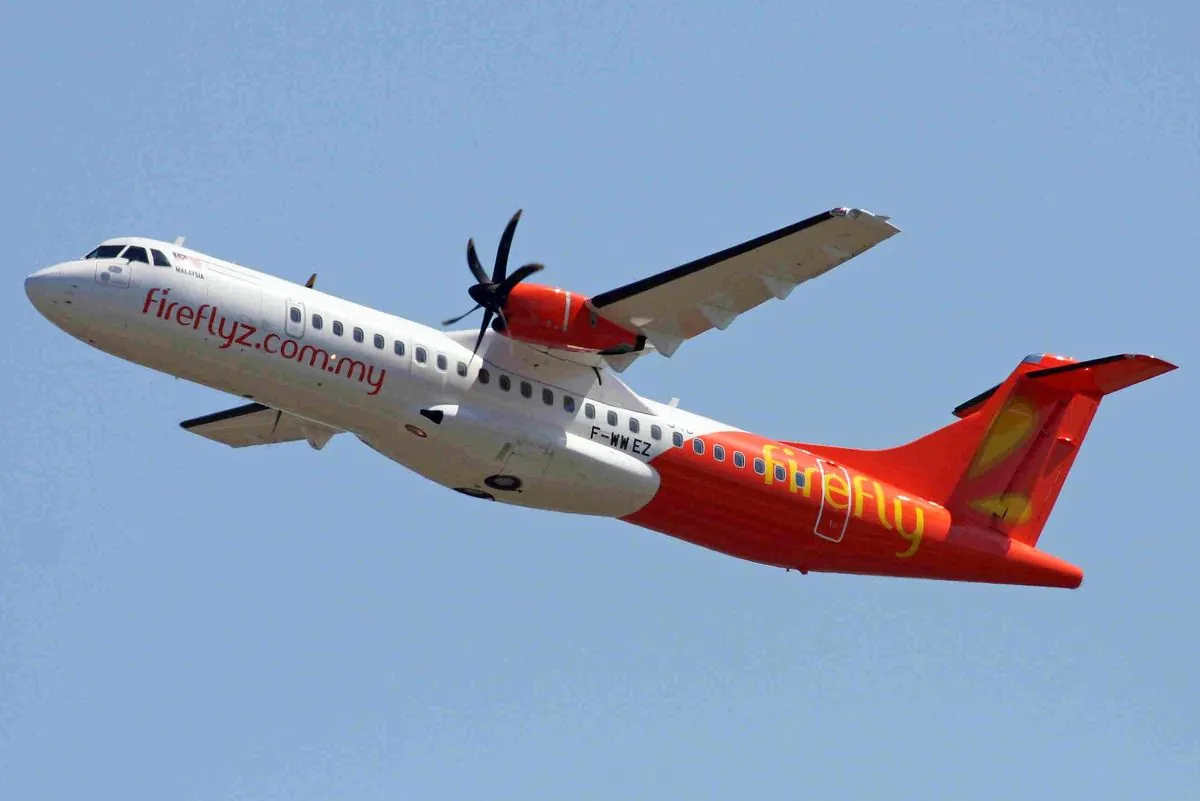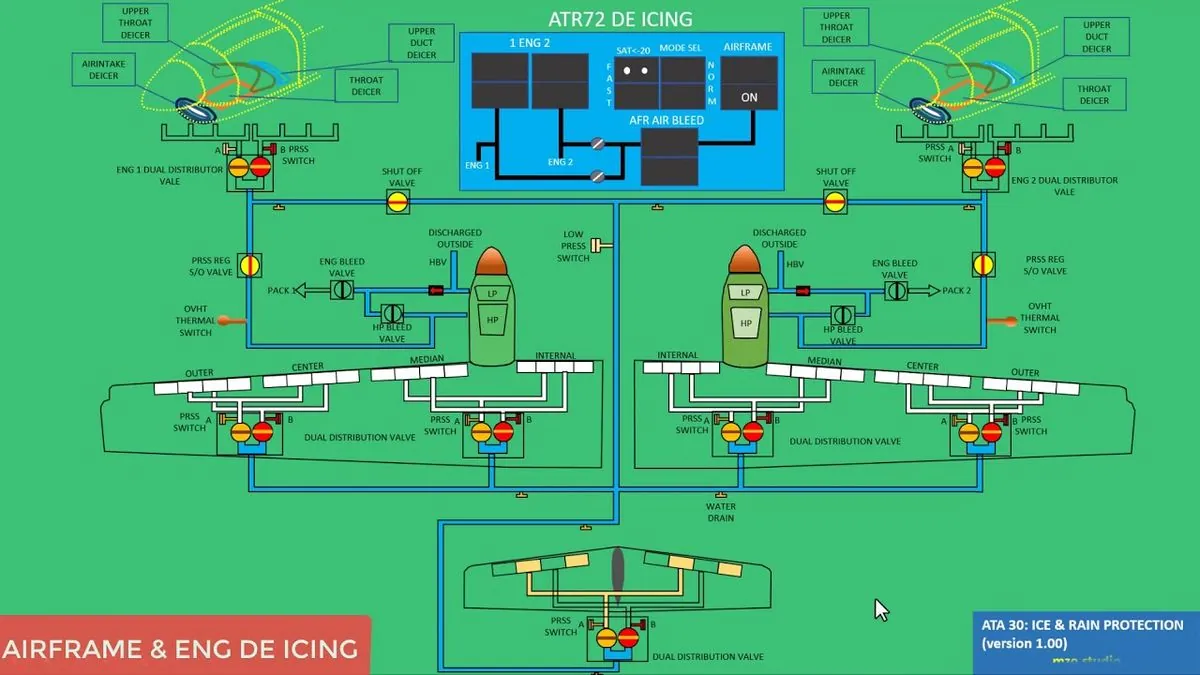Brazilian Plane Crash: De-icing System Failure Suspected
A preliminary report on a Brazilian plane crash that killed 62 people suggests a de-icing system failure. Investigators are examining ice formation as a potential cause but stress further investigation is needed.

A month after a devastating plane crash in Brazil that claimed 62 lives, investigators have released a preliminary report suggesting a potential failure in the aircraft's de-icing system. The incident, which occurred on August 9, 2024, has prompted a thorough examination of the circumstances leading to the tragedy.
The ATR 72 twin-engine turboprop, operated by Voepass Linhas Aéreas, was en route from Cascavel in Paraná state to São Paulo's Guarulhos International Airport when it crashed in Vinhedo, approximately 80 kilometers northwest of São Paulo. The aircraft, designed for short-haul regional flights, encountered difficulties that led to a catastrophic flat spin, a dangerous aerodynamic condition resulting in rapid descent.

Paulo Fróes, an investigator from the Brazilian Air Force's Aeronautical Accidents Investigation and Prevention Center (CENIPA), revealed that the cockpit voice recorder captured pilots discussing ice accumulation and a malfunction in the de-icing system. This evidence aligns with the primary hypothesis that ice formation on the aircraft's wings may have contributed to the accident.
Carlos Henrique Baldin, head of CENIPA's investigation division, emphasized the complexity of the situation, stating:
"There are still many doubts. This accident shouldn't have happened, not in the conditions in which the plane was flying and was being operated. It had protection equipment."
Weather reports for the day predicted icing conditions in the region where the plane went down. Ice accretion on aircraft surfaces can occur even in temperatures above freezing due to aerodynamic cooling effects, potentially disrupting smooth airflow and compromising the wing's ability to generate lift.
While the preliminary findings point towards issues with the de-icing system, investigators caution against drawing premature conclusions. The investigation process typically involves multiple phases, including preliminary, factual, and final reports, to ensure a comprehensive understanding of the accident's causes.
The incident has shocked Brazil, which boasts one of the world's largest domestic air travel markets. As the investigation continues, authorities aim to enhance aviation safety measures and prevent similar tragedies in the future.


































